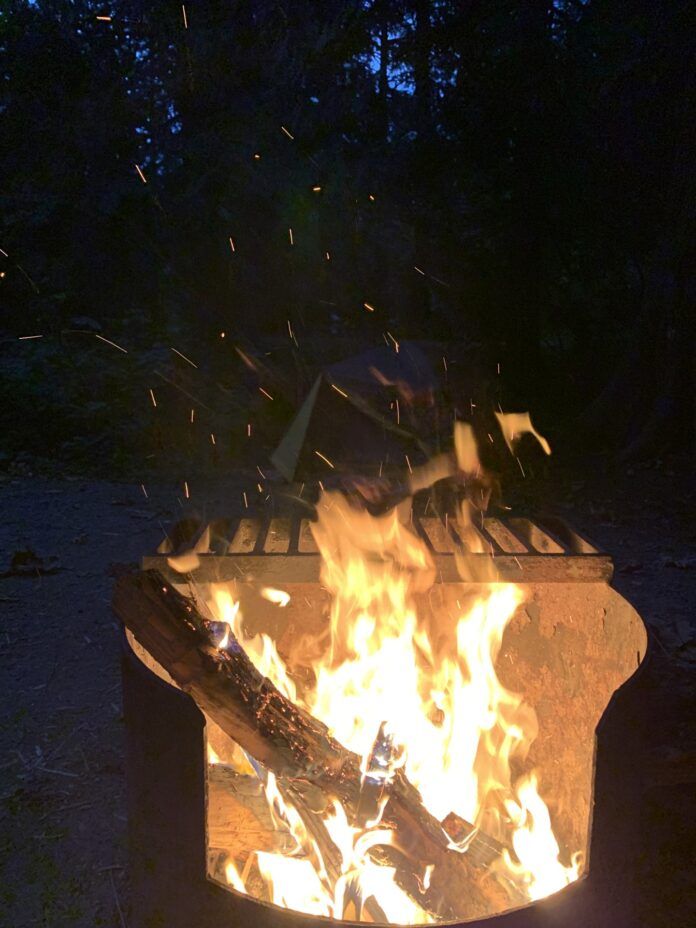A fire ban is coming for backyard and industrial fires in the Coastal Fire Centre, starting tomorrow (May 18) at noon.
Recreational fires will still be permitted, for now.
Fire Information Officer Julia Caranci says The Coastal Fire Centre, which covers all of Vancouver Island and the Sunshine Coast, is bringing in the ban because of recent hot weather.
“We are also expecting that weather to last into the long weekend, at least until Sunday,” she says. “Campfires will still be allowed within the Coastal Fire Centre’s jurisdiction.”
Campfires and beach fires are still permitted on Crown land in the region, but local municipalities could ban them at their discretion.
Restrictions will cover burns larger than half a metre in diameter and height, such as backyard wood waste burning and multiple burn piles. Campfires less than a half-metre in size are still permitted. Beach fires are also still permitted, as long as they follow the same rules as campfires.




